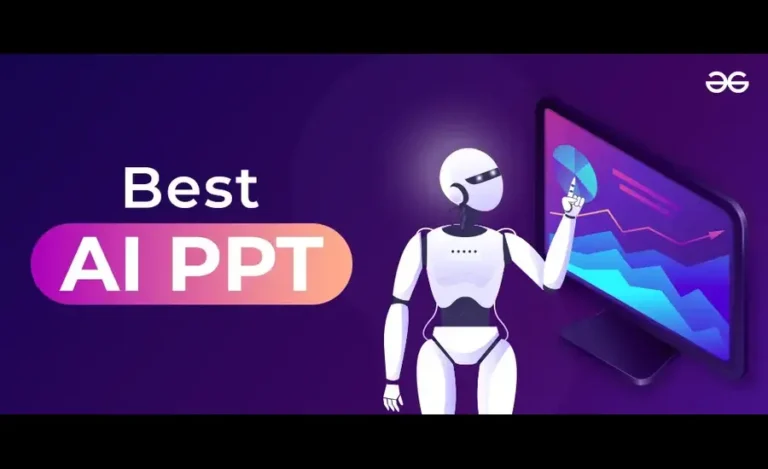Transforming Industries: Generative AI Platforms in Real Estate and Legal Sectors
Generative AI is revolutionizing various industries by automating processes, enhancing decision-making, and driving innovation. Two sectors experiencing significant transformations are real estate and legal services. This article delves into the role of generative AI platforms in these fields, exploring their applications, benefits, and future potential.
Understanding Generative AI
What is Generative AI?
Generative AI refers to artificial intelligence systems that can create new content, such as images, text, or designs, based on existing data. Unlike traditional AI, which focuses on classification and prediction, generative AI models can generate novel outputs by learning patterns from data.
How Does Generative AI Work?
Generative AI models, like Generative Adversarial Networks (GANs) and Variational Autoencoders (VAEs), use deep learning techniques to produce realistic content. They consist of two components: a generator and a discriminator. The generator creates new data instances, while the discriminator evaluates them against real data, leading to improved accuracy over time.
Generative AI Platform in Real Estate
Streamlining Property Valuation
Generative AI platforms in real estate can significantly enhance property valuation through Automated Valuation Models (AVMs). These models use historical data, market trends, and property features to provide accurate valuations. AI-driven AVMs can analyze vast amounts of data quickly, offering real-time valuations that traditional methods might miss.
Predictive Analytics for Market Trends
Generative AI helps real estate professionals predict market trends by analyzing historical data and current market conditions. AI algorithms can forecast property values, rental income potential, and market demand, aiding investors and real estate agents in making informed decisions.
Enhancing Property Search and Recommendation
Personalized Property Recommendations
AI-driven recommendation systems use generative algorithms to match buyers with properties that fit their preferences. By analyzing user behavior, preferences, and past searches, AI platforms can suggest properties that align with individual needs, improving the user experience and increasing engagement.
Virtual Property Tours
Generative AI can create realistic virtual tours of properties, allowing potential buyers to explore homes from anywhere in the world. This technology uses 3D modeling and virtual reality to provide immersive property experiences, making the buying process more convenient and engaging.
Optimizing Real Estate Marketing
Content Generation for Listings
Generative AI platforms can automate the creation of property listings, including descriptions, images, and videos. Generative AI can generate compelling and SEO-optimized content, reducing the time and effort required to market properties effectively.
Targeted Advertising Campaigns
Generative AI enhances advertising strategies by analyzing user data and generating targeted ads. AI platforms can create personalized marketing content and optimize ad placement, leading to higher conversion rates and more efficient marketing efforts.
Generative AI Platform in Legal Services
Automating Document Drafting
Generative AI platforms in legal can streamline contract drafting by automating the creation of legal documents. AI systems can generate contracts based on predefined templates and user inputs, reducing the time spent on manual drafting and minimizing errors.
Legal Research and Brief Generation
AI-driven platforms can assist in legal research by analyzing vast amounts of case law and legal texts. Generative AI can generate legal briefs and research summaries, providing lawyers with valuable insights and saving time on research tasks.
Enhancing Compliance and Risk Management
Regulatory Compliance Monitoring
Generative AI helps legal professionals stay compliant with regulations by continuously monitoring changes in laws and regulations. AI platforms can generate compliance reports and alerts, ensuring that businesses adhere to legal requirements and avoid potential fines.
Risk Assessment and Mitigation
AI systems can analyze historical data and case outcomes to assess legal risks. Generative AI can generate risk reports and recommend strategies for mitigating potential legal issues, aiding in proactive risk management.
Improving Client Interaction
AI-Powered Legal Chatbots
Generative AI platforms in legal enable the development of legal chatbots that can provide clients with instant legal advice and support. These chatbots use natural language processing (NLP) to understand and respond to client queries, enhancing client interaction and improving service efficiency.
Personalized Legal Advice
AI systems can analyze client data and provide personalized legal advice based on individual circumstances. Generative AI can generate tailored recommendations and legal strategies, helping clients make informed decisions.
The Future of Generative AI in Real Estate and Legal Sectors
Emerging Trends and Innovations
In the real estate sector, generative AI is expected to integrate with blockchain technology to enhance transparency and security in property transactions. AI-driven smart contracts and blockchain solutions can automate and verify transactions, reducing fraud and streamlining processes.
Advanced AI Models
In the legal field, the development of advanced AI models will further improve document analysis and case prediction. Future AI systems will likely incorporate more sophisticated algorithms and larger datasets, leading to more accurate and reliable legal insights.
Challenges and Considerations
Data Privacy and Security
As generative AI platforms handle sensitive data, ensuring data privacy and security is crucial. Both the real estate and legal sectors must address potential risks and implement robust security measures to protect client information.
Ethical Implications
The use of generative AI raises ethical concerns, such as the potential for bias in AI-generated content and decisions. It is essential to develop and implement ethical guidelines to ensure that AI systems operate fairly and transparently.
Conclusion
Generative AI platforms are transforming the real estate and legal sectors by automating processes, enhancing decision-making, and driving innovation. As these technologies continue to evolve, they promise to further revolutionize these industries, offering new opportunities and solutions. By embracing generative AI, real estate and legal professionals can stay ahead of the curve and deliver more efficient and effective services.






